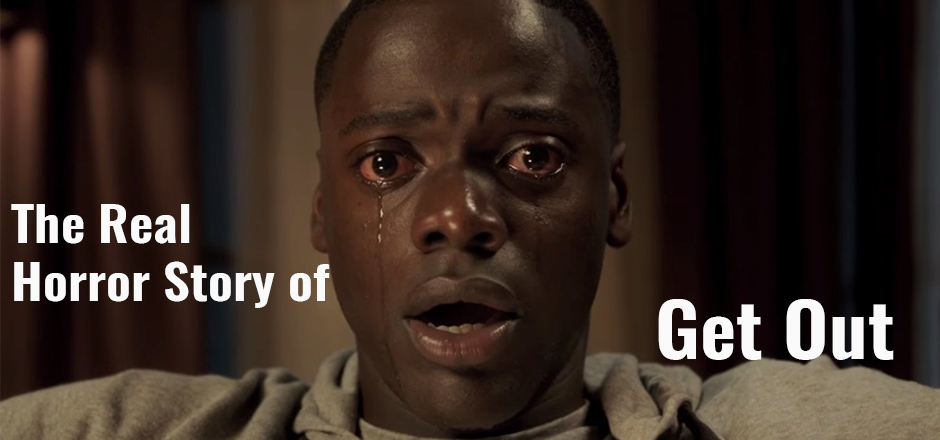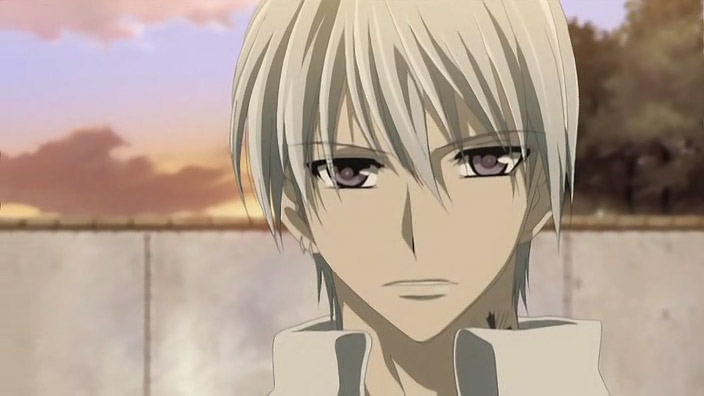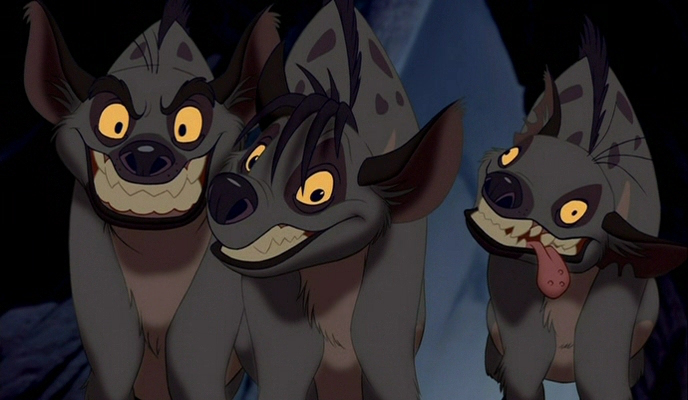Jordan Peele’s Get Out is one of those films where the audience either makes it or breaks it. I’ve seen this film twice in theaters now, but it was honestly like I was watching a completely different movie the second time around.
The audience the first time screamed, cried, and cursed the screen during the entire time, shocked and horrified at how terrifyingly real the racism in the film was.
The second time around, not a single person got riled up. We all sat in that theater in silence, not even batting an eye, watching this film as if it was a sappy rom-com meant for White people, which Get Out is most definitely not. No one in this theater seemed to have the same sort of visceral horror that the people in the first theater had – the fact that I saw it in a suburban White town the second time probably explains this. Nevertheless, a lot of the racial subtleties and nuances depicted in the film were lost because no one in the audience was calling attention to it.
Which was really quite sad because Get Out is just the type of film that needs to be called to people’s attentions. It’s too important to discard and not realize the full scope of Peele’s intentions when making this film.
The plot of this film was quite gripping from the beginning. It starts when Chris Washington (Daniel Kaluuya), a Black photographer from Brooklyn, and his White girlfriend of several months, Rose Armitage (Allison Williams) go to visit Rose’s parents in their suburban home. Chris is hesitant to go because Rose didn’t think to tell her parents that her boyfriend is Black.
The trip starts out awkwardly as Rose’s family stereotypes Chris based on his race, and Chris discovers that the Armitages have hired only Black housekeepers to work for them. However, as the story progresses, the racism that sets the tense atmosphere of the entire movie goes from being uncomfortable to downright terrifying. It became increasingly clear to me the idea that Peele was getting across – that America is the ultimate horror story for Black people.
And it’s not like this film was just two hours worth of brutality and violence. Most of the racism that ended up being the most horrifying were things like the fetishization of Black bodies and the microaggressions Black people hear daily. So many White people see these types of comments as insignificant, but Get Out did a wonderful job of showing how these stereotypes lead to vicious and terrifying forms of racism.
There was one scene early on in the film that showcased this perfectly. Chris and Rose are heading to her parents’ house, and their car hits a deer. The police officer then asks to see Chris’s license, even though Rose was the one that was driving. Again, this may seem like just a small comment, but the entire film consisted of stuff like this, so that by the end, you can see the extent of suffering that Black Americans go through.
Now onto the White people in this film and their portrayal. I absolutely loved how the White characters weren’t your typical, conservative, Confederate flag-flying racists that you see in every movie about racism. Everybody, White people included, knows that those types of people are your “average racists” – it’s not exactly shocking or provocative to see them portrayed that way. Instead, Peele made his White characters educated liberals that would’ve voted for Obama a third time if they could. People who you wouldn’t normally expect to be prejudiced bigots, but were actually incredibly racist.
This was probably my favorite aspect of the film because we all know those White people that claim to not be racist yet still say the N-word behind closed doors or those White women who talk about Black men as if their bodies are just objects. Maybe they’re not as overtly or proudly racist as the others, but the point of this film was that their racism is just as bad. This subtle racism still plays into the institution of racism and causes the same brutalities to occur (or worse), which is why it’s so important that Get Out discusses it. Especially with the current political climate, where friends and family who you didn’t think were racist before are having their true colors exposed.
I also thought this film did a great job of showcasing modern-day racism. Too often, we get films talking about racism of the past, which is typically less controversial because White people don’t feel directly targeted as racists. But racism exists today from people that you wouldn’t expect, and we need media and entertainment to make people understand this.
I’m not Black, so I can’t personally attest to how accurately Get Out portrayed the racism that Black Americans endure in 2017. But I do know that this film did ring true for many Black people all over the Internet. For me, it helped me understand the pain and frustration that Black people go through, if only for a couple hours.
I hope this film will get people talking, unlike the atmosphere I felt in that second theater. Discussions about racism are often heated and intense, but hopefully, through entertainment like Get Out, some more productive, insightful conversations can ensue and create social progress.
[coffee]






